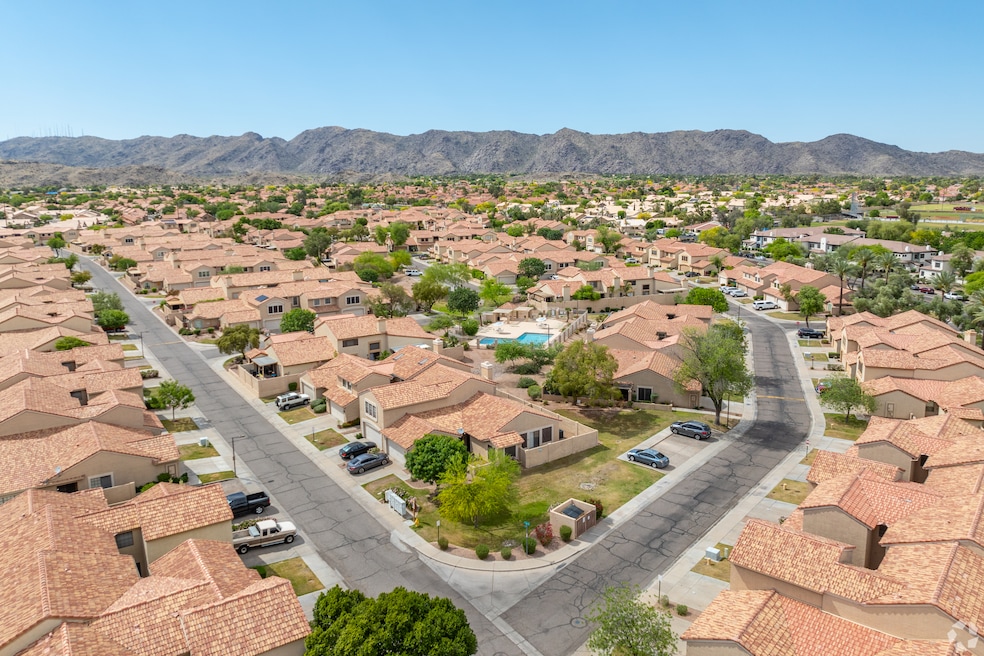Phoenix city councilors will decide Wednesday whether to more than double the impact fees they charge homebuilders in some parts of the city to pay for essential needs such as water and sewer lines, as well as fire and police stations.
The highest fee would be in Paradise Ridge, an area north of downtown expected to add up to 3,000 homes in the next decade. Developers there would pay $37,937 for each new single-family house if the council approves the fee increases, compared to the current charge of $17,217. Other rapidly growing neighborhoods on the city’s northern and southern fringes would see similar fee hikes.
The Arizona state capital’s fees are not necessarily unusual among fast-growing U.S. cities. A 2024 report by the housing advocacy group California YIMBY found that the average fee a developer pays for a single-family home in that state is $37,471. However, the group noted that’s triple the national average of $13,627.
Without new public water lines or fire protection, areas like Paradise Ridge couldn’t accommodate nearly as much growth, city officials said during a public hearing in February about the draft fees.
“If we didn’t do this really important work, it would be devastating for affordable and attainable housing,” Mayor Kate Gallego said at the meeting.
James Ashley, municipal affairs director for the Home Builders Association of Central Arizona, said his group was part of a committee that advised the city as it decided on the new fee amounts.
"The city really has to perform a balancing act so they don't set fees at a point where homebuyers are priced out, because it does have a significant effect on the cost of a home," Ashley said in an interview.
While some city councilors appeared comfortable with the fee amounts at the February meeting, others questioned them.
“I’ve heard from a number of developers who’ve told me, ‘I wish you wouldn’t do this,’” City Councilor Jim Waring told his colleagues.
He suggested the city should leave it to builders to decide how to incorporate the cost of improvements like water lines into the prices they charge homebuyers.
The fees can only be used to pay for new physical infrastructure, such as water treatment plants or roads. They can be used for less critical development, such as libraries or parks, but they can’t go toward paying city staff who work on these facilities or to repair older buildings, Phoenix deputy director of growth Adam Miller told councilors.
The city also can’t charge the new fee to a developer who’s already obtained at least one building permit for a project, at least not for the first two years after fees are raised, Miller said. So, the higher fees are more likely to affect projects that are still on the drawing board.
Citywide, Phoenix currently has about 405,000 single-family homes and 275,000 multifamily units, according to data city staff presented to the council in February. By 2035, the city will add 33,000 single-family homes and 44,000 apartments.
If the council approves the fee increases, Arizona law allows them to go into effect as soon as 75 days later.

